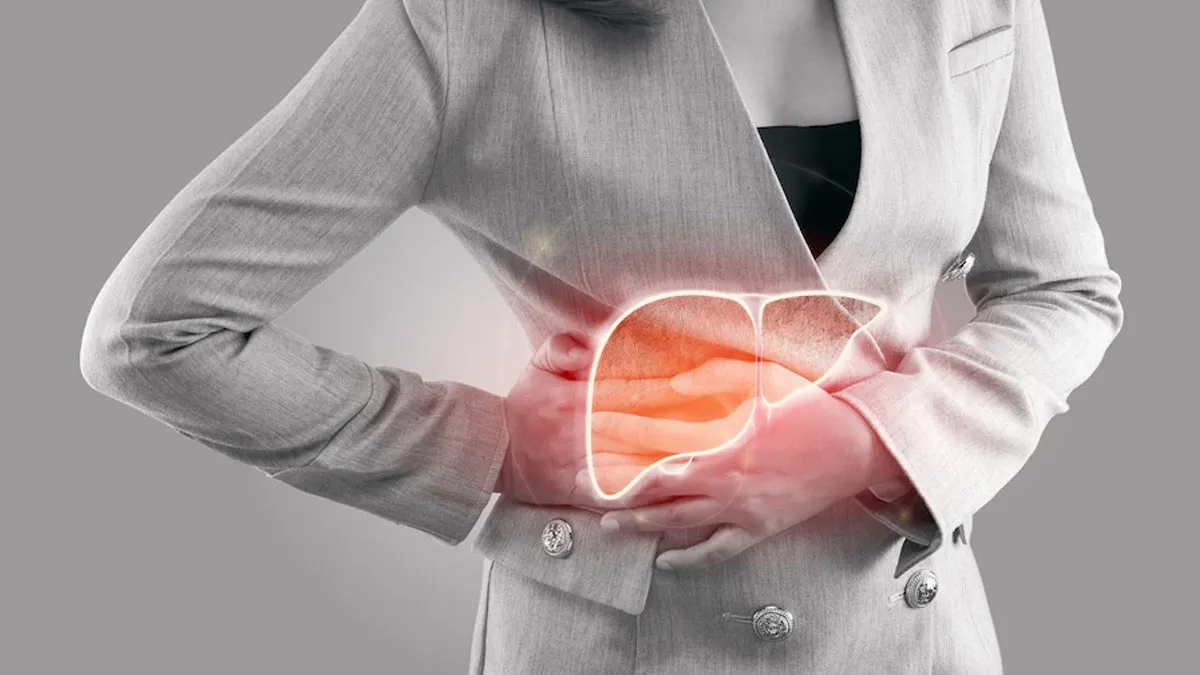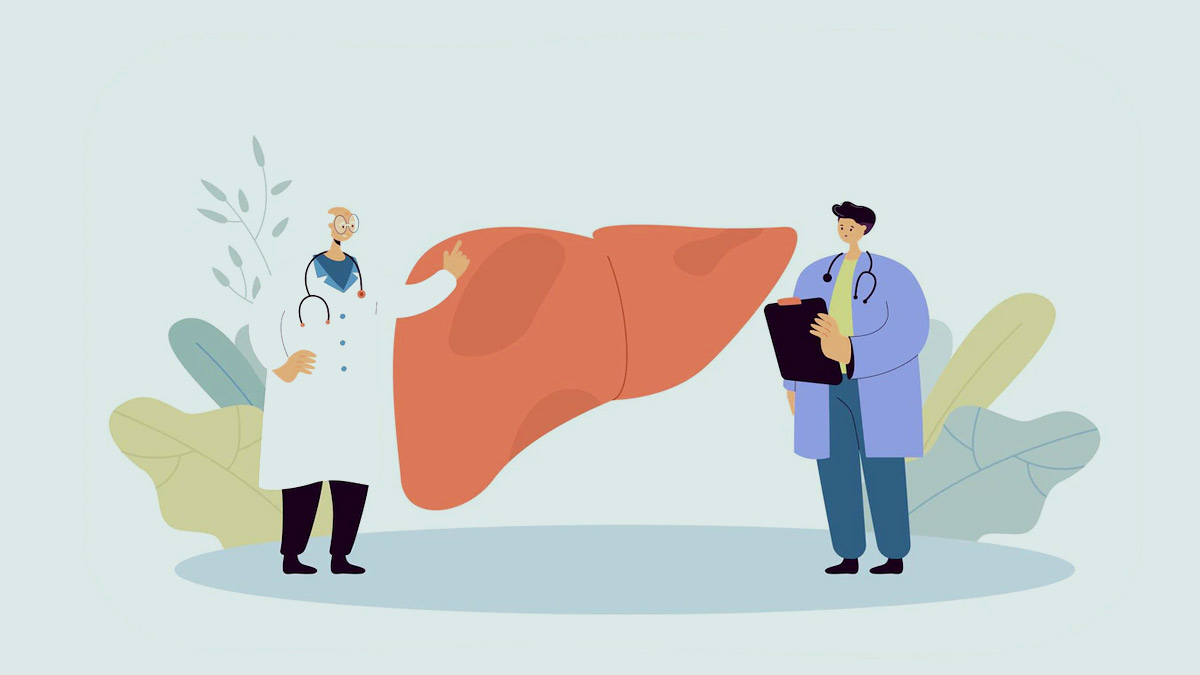
As the world marks World No Tobacco Day 2025 with the theme "Bright Products. Dark Intentions. Unmasking the Appeal," shedding an important light on the exploitative practices of the tobacco industry, it is an important time to reveal another sinister reality: how smoking devastates your liver. Though harm to the lungs and heart is well established, our body's incessant detoxifier, the liver, quietly suffers tobacco's toxic attack, hastening disease development and profoundly raising health hazards.
Table of Content:-
Too frequently overshadowed in the public debate about the harms of smoking, the liver is a critical organ with more than 500 functions, such as filtering out toxins, metabolising nutrients, and manufacturing key proteins. Every cigarette puff injects a mix of more than 4,000 toxic chemicals into the body, many of which go directly to the liver. This constant chemical barrage overloads the liver into hyperdrive, inducing a chain reaction of destructive effects.
In an exclusive interaction with the editorial team of Onlymyhealth, our expert, Dr U V U Vamsidhar Reddy, MBBS, MD (JIPMER), DM (Hepatology, PGIMER), Consultant – Gastroenterology & Hepatology, Apollo Hospitals, Greams Road, Chennai, explained the hidden dangers of smoking on your liver.
The Hidden Harm: How Smoking Damages Your Liver
Smoking causes liver damage by several complex mechanisms:
1. Toxic Overload
The liver's main function is detoxification. When you smoke, your liver is bombarded with thousands of poisonous chemicals, including carcinogens such as nitrosamines, vinyl chloride, and furans. This continuous overload keeps pushing the liver to its limits, leading to cellular stress and injury over time.
2. Oxidative Stress
When the liver tries to metabolise these poisons, it produces toxic free radicals. The result, called oxidative stress, causes inflammation and can result in the formation of liver fibrosis (scarring) and, ultimately, cirrhosis.

Also Read: What Should Women Do To Boost Fertility? Expert Shares Exclusive Insight
3. Fueling Fatty Liver Disease (NAFLD)
Smoking greatly boosts the chances of developing Non-Alcoholic Fatty Liver Disease (NAFLD), a disorder in which the liver holds too much fat. Research indicates that smoking can spur proteins in the intestines, which result in the formation of specific lipids known as ceramides, which build up in the liver and contribute to the development of NAFLD. This is especially troubling since NAFLD is the leading persistent liver ailment in the world.
4. Accelerating Hepatitis Progression
In people with chronic viral hepatitis (Hepatitis B or C), smoking is an accelerant. It accelerates liver injury, speeding up the progression to advanced fibrosis and cirrhosis, and predisposing to hepatocellular carcinoma (HCC), a fatal liver cancer.
5. Compromising Liver Transplant Outcomes
For patients waiting for or who have had liver transplantation, smoking poses serious risks. It may enhance the risk of complications such as vascular complications after surgery, compromising the transplant's success.
6. Weakening the Immune System
Smoking weakens the immune system, making it more difficult for the liver to resist infections and growing more vulnerable to further injury, particularly in those already fighting liver disease.
Tobacco Smoking and Other Liver Risk Factors
Dr Reddy explained that the effect of smoking on the liver is seldom solo. It tends to occur in perilous synergy with other prevalent risk factors:
- Drinking Alcohol
- Obesity and Diabetes
- Medication Toxicity

Can You Reverse the Damage?
Dr Reddy highlighted that the liver has a tremendous ability to regenerate. Stopping smoking, no matter how long you've smoked, will greatly benefit your liver and, in most instances, reverse some of the damage. A few positive impacts of quitting smoking on your liver include:
- Less Toxin Exposure: Eliminates the constant stream of toxins immediately.
- Less Oxidative Stress: Enables the liver to heal and decrease inflammation.
- Enhanced Liver Enzyme Levels: An indicator of improved liver function.
- Reduced Risk of Fatty Liver Disease: The liver can start to lose excess fat.
- Decreased Risk of Liver Cancer: Although the risk persists, it diminishes considerably with time.
Bottomline
Giving up smoking is perhaps one of the most effective measures you can take to safeguard your liver as well as your overall health. As the tobacco industry maintains its mischievous game, knowing the powerful and often unheard harm it causes to your liver, makes you the master of creating a decision for a better future. On this World No Tobacco Day, let us together reveal the sinister motives behind these products and look after our liver health in favour of a completely tobacco-free generation.
Also watch this video
How we keep this article up to date:
We work with experts and keep a close eye on the latest in health and wellness. Whenever there is a new research or helpful information, we update our articles with accurate and useful advice.
Current Version